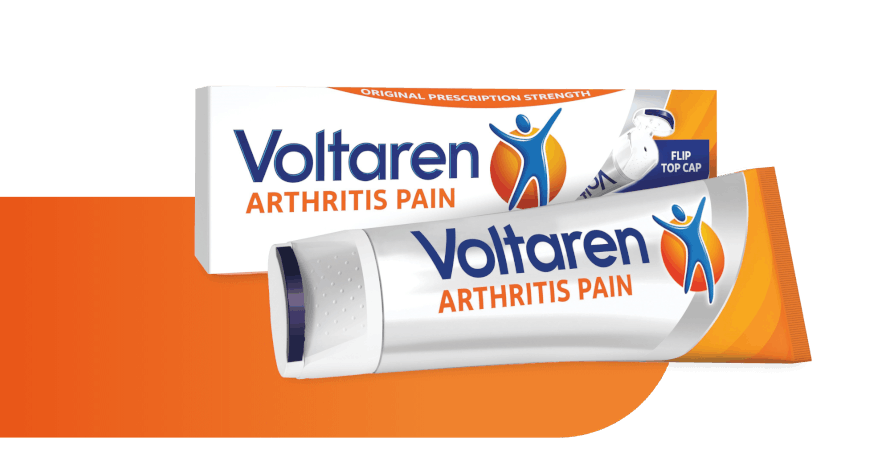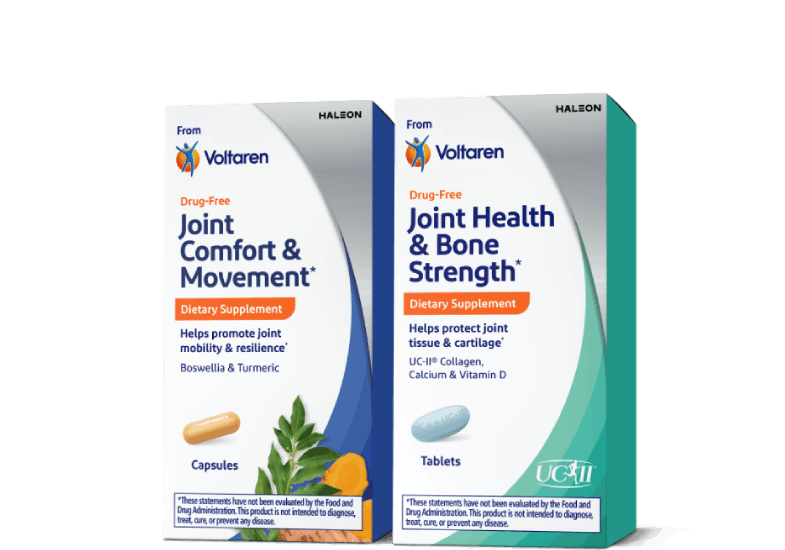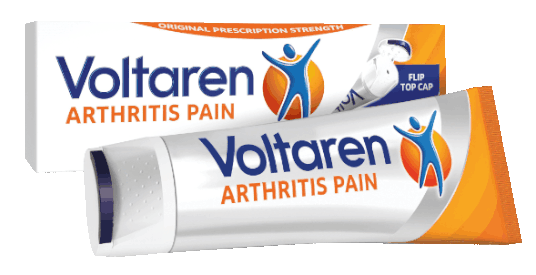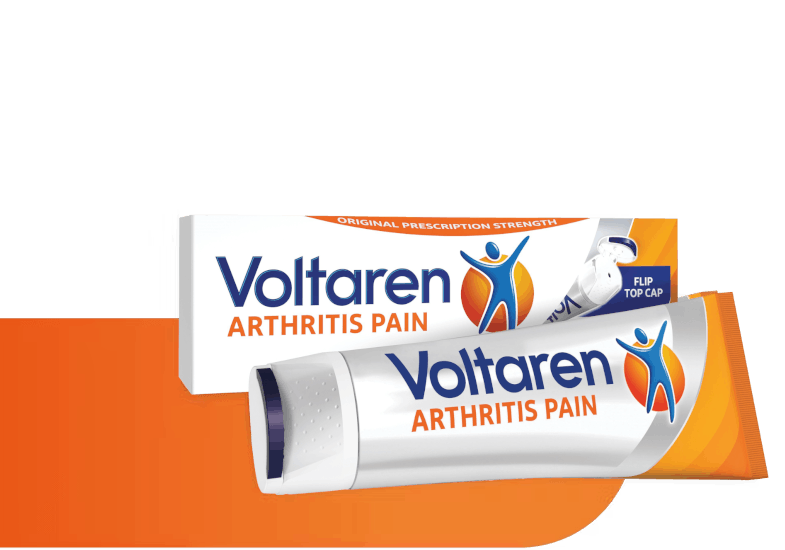Does Weather Affect Your Arthritis Pain?
Weather and seasonal changes can make arthritis a literal pain. Here’s the scoop on how the weather may impact your aches.
/WeatherAffects_Hero.jpg?auto=format)
No one said dealing with arthritis was a walk in the park (or if they did, it would be an achy walk!). On top of all the soreness and pain, some people say their arthritis symptoms feel worse when there’s a change in weather.1 Does this sound familiar: You’re going about your day and notice some storm clouds coming in. Rather than worrying too much over whether you’ve packed an umbrella, your real concern is about your joints. Because every time there’s a shift in weather, like clockwork, your arthritis pain comes on.
But is this phenomenon real—does weather really impact arthritis? Or is it a myth that keeps getting passed along, generation after generation? Here’s what the research says:
Your Intuition About the Weather-Arthritis Link Could Be Right
While there aren’t definitive studies that show that weather changes cause arthritis pain, research does reveal there may be an association.2 For example, one study shows a connection between joint pain and daily average weather conditions.3 In another study, researchers asked over 700 people how the weather influenced their arthritis pain, and about 67 percent of survey respondents reported that the weather was indeed affecting their pain.4
Joints May Love Sunny and Drier Days
Does your arthritis stiffness always feel better when visiting places like Phoenix? There’s a reason retirees flock to desert cities: the sunny days and dry weather could help reduce symptoms for some. One study found that rheumatoid arthritis disease symptoms (like tenderness and swelling) were significantly lower in both sunny and less humid conditions.5 On the flip side, other research suggests that humid, cold days tend to be the worst for arthritis patients.6 Talk about a losing combination!
The Culprit Could Be the Change in Weather
While you may point to humid days as the reason your arthritis pain is acting up, the main issue could be the change in barometric pressure—or the weight of the air—according to the Arthritis Foundation.7 So they say if the weather starts turning cold, that’s when you may feel more pain, but once the cold settles in, then your pain levels could even out.
Some People Feel Weather-Related Pain More Than Others
Know any weather-sensitive people who feel really cold when it’s chilly out or can pick up on changing humidity levels? According to one study, weather-sensitive people reported more pain than non-weather-sensitive people with arthritis.8 And a review of research found that “patients react in different ways to the weather.”9 So your smug neighbors with arthritis who always say the weather doesn’t affect them may actually feel less pain than you.
You Likely Can’t Relocate to Avoid the Weather-Induced Aches
So if joint symptoms are milder on sunnier, drier days, why doesn’t everyone move to Los Angeles—surely this is the best weather for arthritis? Well, one study found that weather sensitivity wasn’t related to where the study participants lived, whether that was San Diego, Nashville, Boston, or Worcester, MA—humidity levels change, and temperature drops can happen everywhere.10, 11 Therefore, you should talk to your doctor about a remedy for the pain so that you can go on and enjoy the great outdoors—even on those cold and humid days!
Related Articles

The Different Types of Arthritis
From osteoarthritis to rheumatoid arthritis and psoriatic arthritis -- every type of arthritis can impact the quality of life in people of all ages.
READ MORE

About Pain
Pain is an unpleasent as it is vital, acting as a warning signal. It"s often the result of damaged tissue, which leads to inflammation. See how you can find relief and move freely again.
READ MORE
See How Voltaren Can Help
Save Money on Your Next Purchase.
Feel The Joy Of Movement
No matter the day, the hour, or what you’re doing, embrace the joy of movement with the help of specialized products from Voltaren: powerful gel for arthritis pain † or drug-free, dietary supplements for healthy joints.*

For Arthritis Pain Relief

For Healthy Joints*
†Use as directed. Voltaren is approved for treatment of arthritis pain.
Dietary supplements from Voltaren are not intended to treat arthritis pain.
*These statements have not been evaluated by the Food and Drug Administration. These products are not intended to diagnose, treat, cure or prevent any disease.



